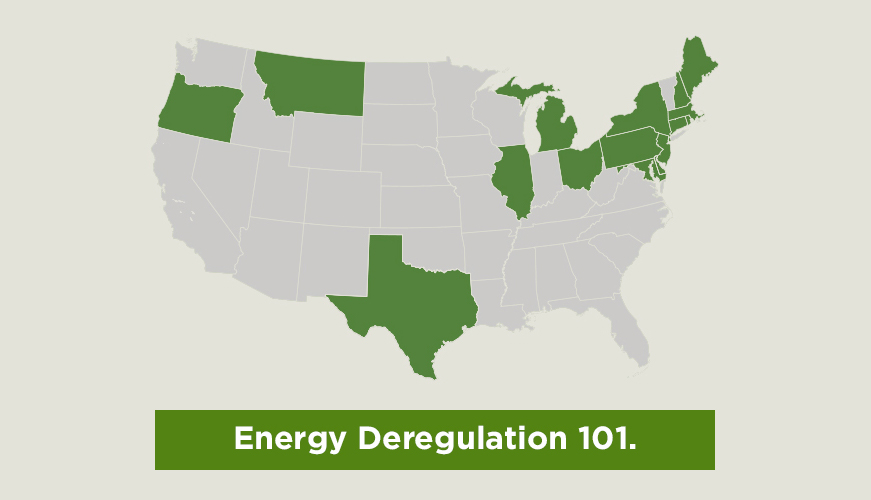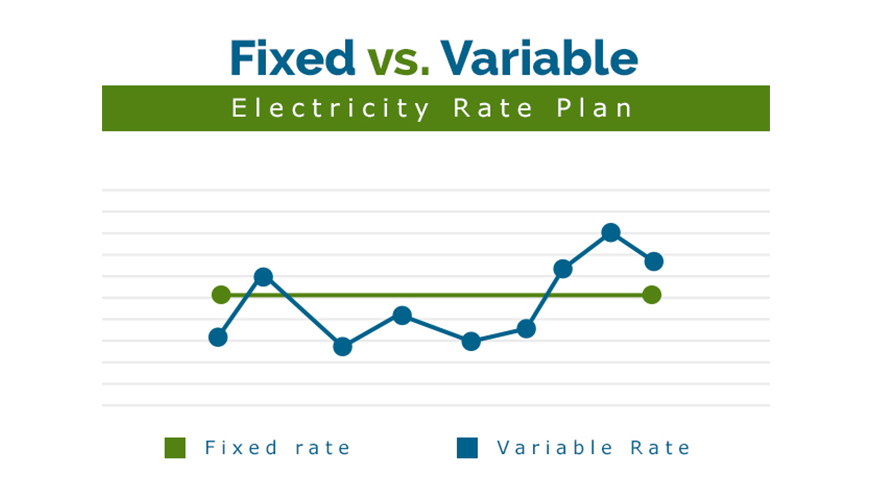If you own a small business, implementing sustainability practices is not only great for the environment, but it can also significantly reduce the costs of your day-to-day operations. At the heart of sustainability is reducing waste – a principle that also applies to saving time and money.
1. Go paperless
Paper can quickly turn into a huge waste of environmental resources, not to mention storage space. Why fill up a filing cabinet when you can store hundreds of thousands of documents on your computer? Instead of producing paper waste, try to rely on email for correspondences, hold virtual meetings, and keep your calendar on your computer. Depending on your business model, you can also try advertising online rather than printing promotional materials.
2. Use recycled materials
In many cases, an entirely paperless workplace just isn’t feasible. But when paper is required, try to buy recycled paper that requires fewer trees to be cut down, uses less harmful chemicals (such as bleach) during the production process, and reduces the release of methane into the atmosphere. And of course, when you’re done using it, you can recycle it again.
3. Keep track of electronics
Computers, fax machines, printers, and copiers can be a huge drain on electricity. Even while they aren’t actively being used, these machines use significant amounts of energy just by being powered on. If you have electronics that aren’t continuously used throughout the day, save money on your electric bill by keeping them turned off.
4. Turn off the lights
It goes without saying that the lights don’t need to be on in rooms that no one is using. But turning the lights off is easy to forget, especially in a fast-paced environment. Help your employees remember to pause before leaving a room by placing reminders by the light switches. Installing automatic lighting sensors can make this process even easier.
5. Adjust the temperature
Heating and cooling make up the largest portion of your electric bill, so cutting back on climate control will save you money along with boosting your sustainability efforts. If you lower the temperature a few degrees in the winter, or raise it by a few degrees in the summer, you’re likely to save more than 10% on your bill without any noticeable discomfort.
6. Make it a team effort
Sustainable practices shouldn’t be a burden for your employees. Create enthusiasm for the project by fostering a team environment: even the little things can make a difference! Here are a few ways that sustainable living can be integrated into the office environment:
- Encourage employees to keep a mug in the office rather than tossing out multiple paper cups every day.
- Set up small reminders to recycle.
- Suggest that employees bring their lunches in a reusable container rather than paper or plastic, which will likely end up in a landfill.
- Provide washable plates and silverware instead of disposable plates.
7. Create sustainability goals
One way to make sure your business is actively pursuing these changes is to keep benchmarks of your progress, come up with a strategy that works best for your company’s needs, and set goals for increased sustainability in the future. Keep your team encouraged by making sure your goals are attainable: why not start with something small, like turning off the lights? But don’t stop there! Setting more ambitious sustainability goals can open the door to surprising innovations and create a unique company culture.
8. Use renewable energy
If you’re ready to make a larger commitment, consider switching your power supply to renewable energy. Large companies like Apple, Microsoft, and Intel have already made the switch to 100% green energy and, not coincidentally, have developed reputations as responsible and progressive corporations. If renewable power supply isn’t an option for your business, but you still want to demonstrate your commitment to the environment, other options include supplementing your energy supply with solar panels and investing in the development of green technologies.
Investing in social responsibility can have huge payoffs, especially considering recent public relations and marketing research that reveals 90% of customers are likely to switch to brands that support a good cause given a similar price and product quality. Not only will sustainable business practices help you save money on your electric bill, but they can also be a tool for building your reputation, improving customer loyalty, and developing a strong public image for your marketing campaigns.



